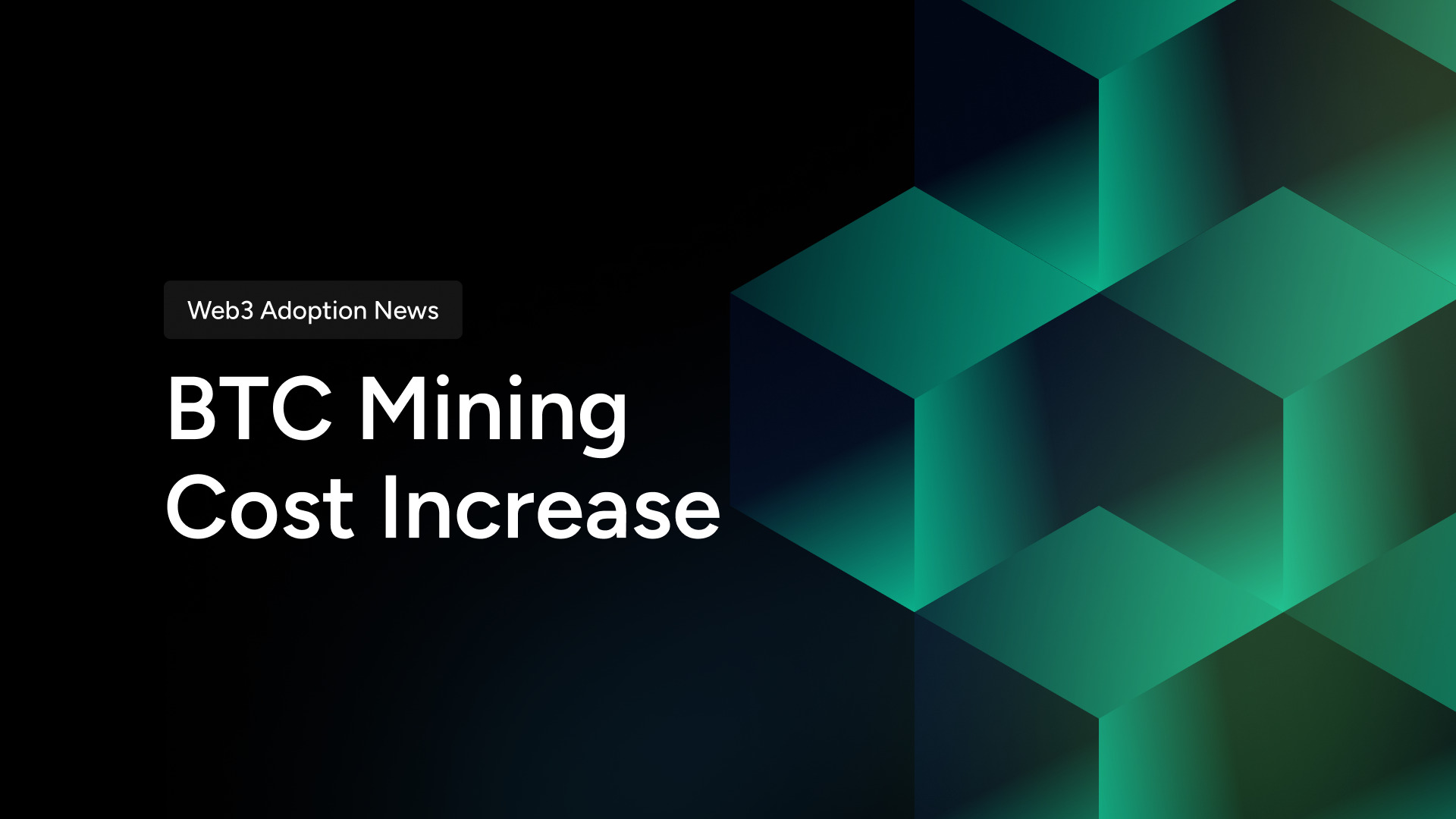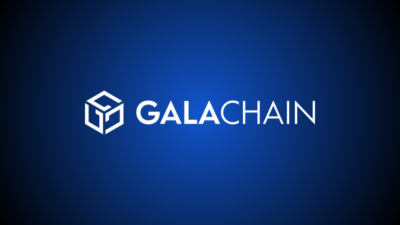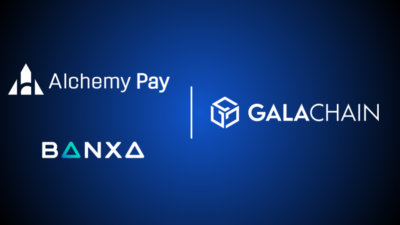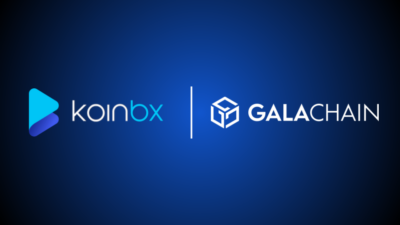Some of the largest Bitcoin mining operations in the world are amplifying their efforts, even in the face of some of the steepest mining cost increases they have ever seen. This is a clear sign of their expectations for the future of the world’s first and largest cryptocurrency.
Following the recently released Q2 financial report from Singapore-based cloud mining company BitFuFu, analysts are observing some fascinating patterns that paint a bullish picture of large scale BTC mining operations’ outlooks for the future of the industry.
SOURCES:
BitFuFu “BitFuFu Reports Unaudited Second Quarter 2024 Financial Results” August 20, 2024
“Bitcoin Mining expenses surge 168% amid capacity growth” – Cointelegraph, August 20, 2024
Enhanced Mining Expenses & Increasing Revenue
Even with a substantial increase in per-BTC mining cost to $51,887 per Bitcoin (compared to $19,344 for Q2 2023), BiFuFu has reported a scale up of 60% from its previous year’s operation.
While the massive increases in mining costs have required BitFuFu to spend more money per BTC, the company has experienced revenue growth of almost 70% ($76.3 million in Q2 2023 to $129.4 million in Q2 2024)
Seasonal Optimism
With the sell waves of Mt. GoX payouts now fading toward the distant horizon and the dust of the 2024 Bitcoin halving settling, some crypto analysts are concluding that BTC is headed for another season of growth.
Matthew Sigel, head of digital assets research at VanEck shed some light on the BTC situation, highlighting the growing connections and opportunities between AI and BTC mining, and discussing the aftermath of “forced selling” and seasonal patterns.
“This is a typical seasonal pattern where Bitcoin tends to struggle in one to three months after the halving, which was in April. And pre-election, as the market comes to grips with whatever candidate wins, we’re in for four more years of reckless fiscal policy. The history is that Bitcoin really hits its stride at that point. So we’re buyers here. We think it recovers.”
The educational information in this article was compiled from publicly available sources and is not investment advice.





